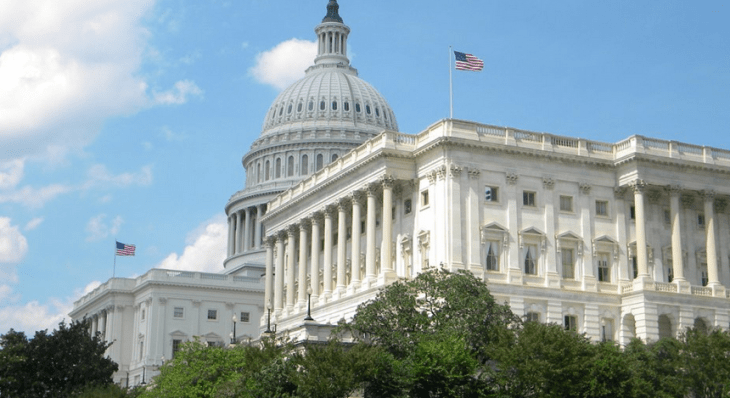Tech companies today are celebrating the passage of a bill in the House of Representatives that will expand privacy rights to non-U.S. citizens.
The bill, known as the Judicial Redress Act, sailed through the House on a bipartisan, voice vote. If passed by the Senate, the measure will expand some of the privacy rights enjoyed by American records to citizens in allied nations, mostly in the European Union.
The Judicial Redress Act would allow EU citizens to seek records certain government agencies have on them and, as its name implies, seek redress if those companies misuse that information. American citizens already have these rights in all countries where citizens would gain new protections under this bill.
U.S. law provides little privacy rights for non-citizens, and the landmark vote comes under heavy pressure from the EU. The European Court of Justice recently struck down the 2000 “Safe Harbor” agreement that has allowed companies like Facebook to use personal data from EU citizens. If Congress does not pass this bill, the EU will not pass a new safe harbor agreement and it will be increasingly difficult for American tech companies to operate in those countries.
The vote comes as tech companies face criticism abroad for their compliance with American surveillance agencies. In the wake of the disclosures about the NSA contractor Edward Snowden, the companies have increasingly pressed lawmakers to pass substantial reform to surveillance.
“Today, the House took one small step toward repairing America’s tarnished image on data privacy,” said Berin Szoka, president of TechFreedom. “Since the Snowden disclosures, our government’s inaction on surveillance reform has provoked an international crisis — one that could lead to a European blockade of American Internet companies.”
Though privacy advocates have seen measured success in curtailing the collection of American phone records with the passage of the USA FREEDOM Act, Congress has done little to improve privacy protections for non-American citizens.
Today’s House vote comes as privacy advocates are planning to ramp up calls for reform to surveillance practices that affect non-U.S. citizens. One of the most common legal avenues used to spy on non-citizens is Section 702 of the Foreign Intelligence Surveillance Amendments Act. However that measure will expire in 2017 if not reauthorized by Congress, and civil liberties groups and tech companies want to see meaningful reforms to the law before then.
